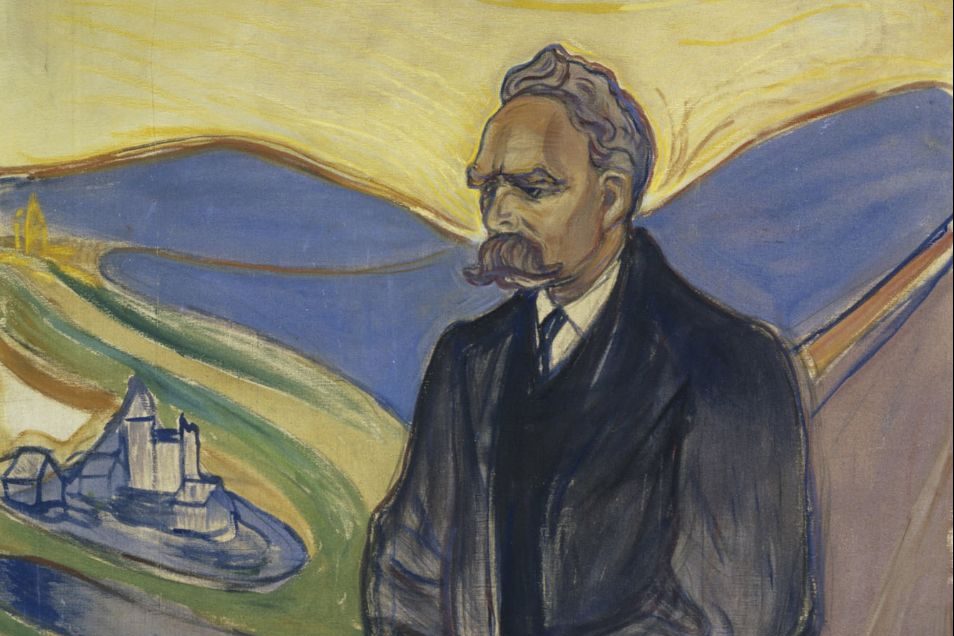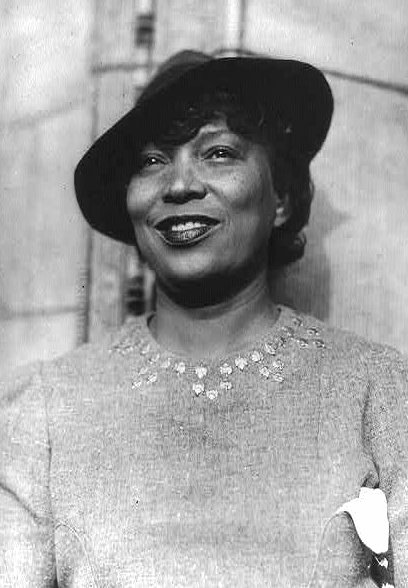The idea that we can get rid of lobbies is a myth, Lemann says.
Question: Is the influence of special interests overblown?
Nicholas Lemann: Again, I mean, I have found that in recent years I have gotten drawn to what is known in political science as “pluralism”, which is a sort of strain in political thinking that tends to take a much more benign view of lobbies than . . . than most journalists take. So I am . . . The premise behind the horror over lobbyists is that there’s something called the “public interest” that would emerge naturally if there were no lobbyists. Or if there were only good lobbyists and not bad lobbyists. Or if there were only . . . there were lobbyists but lobbyists who had a lot of cash to throw around, etc. And I’m very, very suspicious of the idea of a public interest, because it’s one of the oldest problems in politics and government – who gets to decide, you know? I think the term the “public interest” is inherently elitist because people just don’t agree about what it is. And so I . . . I like the idea of democrat . . . of a democracy’s politics as being a kind of market system where (51:22) everybody has a different take on what the good is, and they sort of fight it out in the political arena. Now some of these groups are gonna be more organized than others. Politics favors the organized, and I . . . You know all these groups are gonna lobby. I don’t necessarily think that a so called public interest group lobby is more legitimate than a lobby like, you know, sugar farmers, or a labor union, or a traditional economic-based lobby. In other words I’m uncomfortable with the idea that there are “good guy” lobbies and “bad guy” lobbies. I guess I’d agree that, you know, bribery should be illegal in politics. And I like . . . I think information is good, and under that flag campaign finance reform to the extent that it involves disclosure is a very good idea. But I just don’t . . . I think the idea that you can sort of extirpate K Street from American politics is an illusion. And you might not even want that because it’s very hard to define “K Street” in a sense. Is the group that you’re . . . If you’re in a group that is opposed to, you know, female genital mutilation in Africa, are you K Street? Are you a lobbyist? You know, or are you a reformer crusading for the public interest?
Question: Are those groups comparable to the biggest lobbies?
Nicholas Lemann: Lobbying isn’t a Coke and Pepsi system, because the country is so complicated and there are so many groups that you can’t say, “These two groups predominate.” There’s a tremendous amount of . . . There isn’t such a thing as the business community, for example. And there isn’t such a thing as the labor community, because they have tremendous internal dissension. So it’s really a question of do some . . . But I don’t accept . . . You know there’s a wonderful book called “The Process of Government” published 100 years ago almost – in 1908 by Arthur Bentley, a former journalist turned political scientist. And he . . . The term “public interest group” wasn’t around then, but he calls these groups “talk groups”, which is a little mean. But I’m very uncomfortable with the idea that a group that – you know to use my example of FGM in Africa – exists on a higher moral plane than a group that fights for higher wages for itself, for example. I don’t understand why that is necessarily so. And you could say that this group of wonderful people fighting against FGM in Africa are actually trying to impose their will on people half a world away who may not sign on to the idea that this is in their interest. So the only real question is . . . This is a system designed to create, you know . . . It’s like antitrust. There’s a sort of . . . This is a market. And so markets, I think, shouldn’t be totally unregulated. You wanna create conditions inside of markets where, you know, one player and one category of players doesn’t have an unfair advantage. So the real question is not can we get rid of lobbying, but have we got . . . Is there a problem in the system where one group has disproportionate advantage over others? And then if so what should we do about one type of group? But that’s a more fine-grained way of saying it than just saying, “Yes, these lobbyists are awful and let’s get rid of them.
Recorded on: 11/30/07





